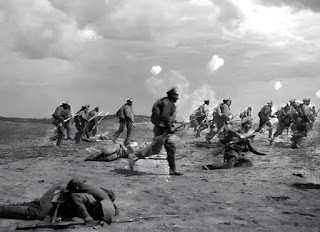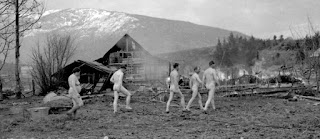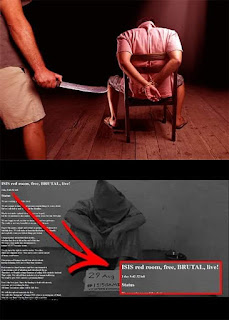Russian soldiers charging across a field into battle on the Eastern Front, ca. 1916 (Likely staged)
Today 107 years ago, on July 3, 1916, the Russian Army launched the Baranovichi Offensive on the Eastern Front.
To support their Allies at Verdun and on the Somme, in April 1916, the Russians began planning for a major offensive in Galicia against the Austro-Hungarians - the Brusilov Offensive.
To support this operation and prevent Austro-Hungarian and German troops from being transferred to Galicia, the Russians planned another offensive further north in the Baranovichi area in modern-day Belarus.
This supportive operation were to be carried out by the Russian 4th Army under General Ragoza, who was under the general command of General Evert. However, from the beginning General Evert was against this operation, favoring a defensive approach.
On June 4, 1916, General Brusilov launched his offensive in Galicia and broke through the Austrian lines, capturing the city of Lutsk by June 8.
General Evert was supposed to launch the offensive in Baranovichi in conjunction with Brusilov, but postponed it twice on June 13 and June 17. Under mounting pressure from General Brusilov and Tsar Nicolas II, General Evert gave in.
The Russians enjoyed a 3:1 advantage in manpower, with 331 Battalions against just 82 Austro-German Battalions. In terms of artillery the Russians also held the advantage, but were almost outnumbered 2:1 in heavy guns.
On July 2, 1916, the Russians began a 13-hour preliminary bombardment on the Austro-German lines at Baranovichi. However, the artillery bombardment was ineffective, as it failed to take out enemy artillery guns and only partially destroyed the first line of trenches, which was fortified with layers of barbed wire, fox holes and concrete machine-gun nests. The German second and third lines of trenches weren't even touched by the Russian artillery.
On July 3, 1916, the Russians attacked along a 145 km front between Baranovichi and Gorodishsche and managed to break through the first line of trenches, albeit with heavy losses.











Comments
Post a Comment